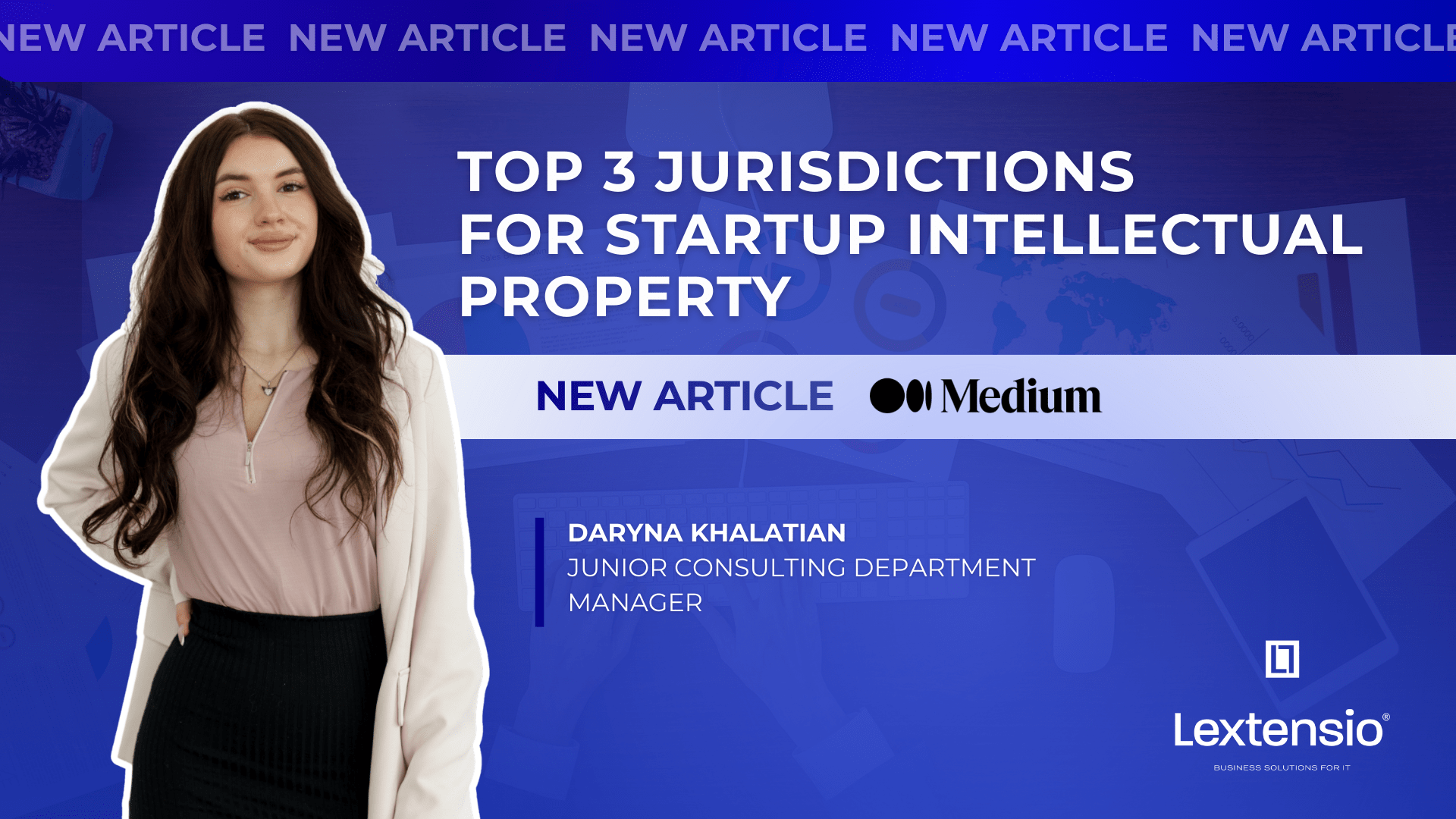1. Google: When "Don't be evil" doesn't work with taxes
It happened: For years, Google used a sophisticated scheme known as the "Double Irish with a Dutch Sandwich". It sounds like the name of an exotic cocktail, but it was actually a sophisticated tax evasion scheme. The essence of it was that Google redirected most of its non-US profits through Ireland to the Netherlands and then back to an Irish subsidiary registered in Bermuda, where the corporate tax rate is zero.
This scheme allowed Google to pay minimal taxes in the UK, despite the fact that the company received significant revenues from British advertisers. Experts estimate that Google saved billions of dollars in taxes every year.
It happened: HMRC started investigating Google's activities in the UK back in 2010. The process was long and complicated, as the tax authority had to prove that Google's activities in the UK were more substantial than the company claimed. HMRC argued that a significant portion of Google's sales and marketing activities actually took place in the UK, and thus the company should have paid more taxes here.
The fine: In 2016, after six years of investigations and negotiations, Google agreed to pay £130 million ($185 million) in back taxes. This amount covered the period from 2005 to 2015.
The penalty: In addition to the fine, Google agreed to change its tax practices in the UK. The company has committed to reporting more income in the UK and paying more taxes in the future.
Fun fact: £130 million is roughly the annual GDP of Tuvalu, a tiny island nation in the Pacific Ocean. It turns out that Google could "buy" an entire country for a year if it paid its taxes on time!
Consequences: The case has set a precedent for other tech giants to use similar schemes. It also led to increased attention to international taxation issues and prompted many countries to review their tax treaties.
2. Starbucks: Coffee with a taste of tax problems
Case in point: Starbucks, the American coffee giant, had been operating in the UK since 1998, but had paid only £8.6 million in corporation tax over 14 years. The company claimed that its UK business was unprofitable, despite an annual turnover of hundreds of millions of pounds.
Starbucks' scheme was complex but effective. The company redirected profits through various subsidiaries. For example, British coffee shops paid royalties to Starbucks' Dutch subsidiary for using the brand and recipes. They also bought coffee from Starbucks' Swiss subsidiary at inflated prices. As a result, the British business looked unprofitable on paper.
It happened: In 2012, Reuters published an investigation that exposed Starbucks' tax practices. This caused public outrage and led to a boycott of Starbucks coffee shops across the UK. HMRC launched a thorough investigation into the company's activities.
The fine: Under public pressure and the threat of a large-scale HMRC investigation, Starbucks agreed in 2012 to voluntarily pay £20 million in taxes for 2013 and 2014.
Penalty: The company also promised not to use certain tax schemes in the future. In particular, Starbucks agreed to move its European headquarters from the Netherlands to the UK, which meant that the company would pay more taxes in the UK.
Fun fact: £20 million is about 5 million cups of latte at Starbucks.
Implications: This case was a turning point in the debate on corporate taxation in the UK. It led to increased public scrutiny of the tax practices of large corporations and prompted the government to develop new laws against tax evasion.







.png)




















